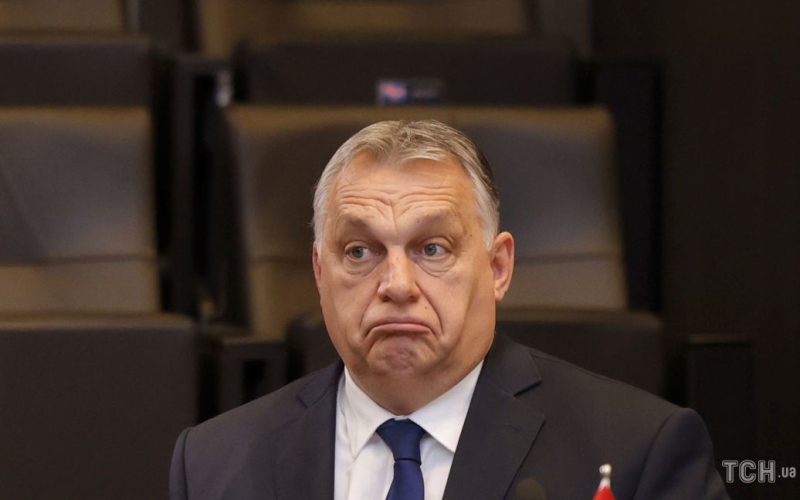
But what exactly is the position of the Hungarian Prime Minister Viktor Orban in relation to the Patriarch of Moscow Kirill (Vladimir Gundyaev) , which was not added to the sanctions list, the expert could not explain.
The majority of Hungarians support the position of the ruling party of Prime Minister Viktor Orban, that it was on military topics and anti-Ukrainian rhetoric that won the elections on April 3.
This was told by political scientist Dmitry Tuzhansky on the air of the Freedom TV channel.
“Although on a human level, the Hungarians sympathize. However, they are afraid of the war, they are intimidated, they are not ready to support the supply of weapons. It is important to understand the context here – the state of Hungarian society, and public opinion, which is manipulated through the media. We can talk about classical public opinion in Budapest, in several large cities, and the rest of Hungary are too manipulative. Therefore, I would not talk about the classical public opinion of all Hungarians,” Tuzhansky said.
He also commented on the veto on sanctions against Patriarch Kirill.
“I talked with Hungarian politicians, diplomats – no one understands what it was. Viktor Orban is trying to play very tricky, refuting cooperation with Russia, but regarding the veto on Kirill, for example, such a politician as MEP Michael Galer, who has great authority, wrote : “Someday dirt on Viktor Orban will emerge.” Therefore, Orban's anti-Western policy is shocking,” the expert noted.
Recall that the EU's chief diplomat, Josep Borrell, previously confirmed that, according to the original plan, Gundyaev should be on the list .
“Extracting Patriarch Kirill demonstrates the limitation of the bloc's foreign policy based on the principle of unanimity. Religious leaders should not be shielded from the responsibility of supporting Putin's war,” Borrell wrote.
The day before, the speaker Parliament of Hungary Laszlo Kever said about the alleged “mental problem” of the President of Ukraine Volodymyr Zelensky, arguing that he resolutely, sometimes harshly asks partners for support.
“About Usually the one who needs help asks for it politely – persistently, but asks, and does not demand or threaten. They usually threaten enemies, and not at all those with whom they want to be friends. There are some personal mental problems here,” said the Hungarian parliamentarian. .

